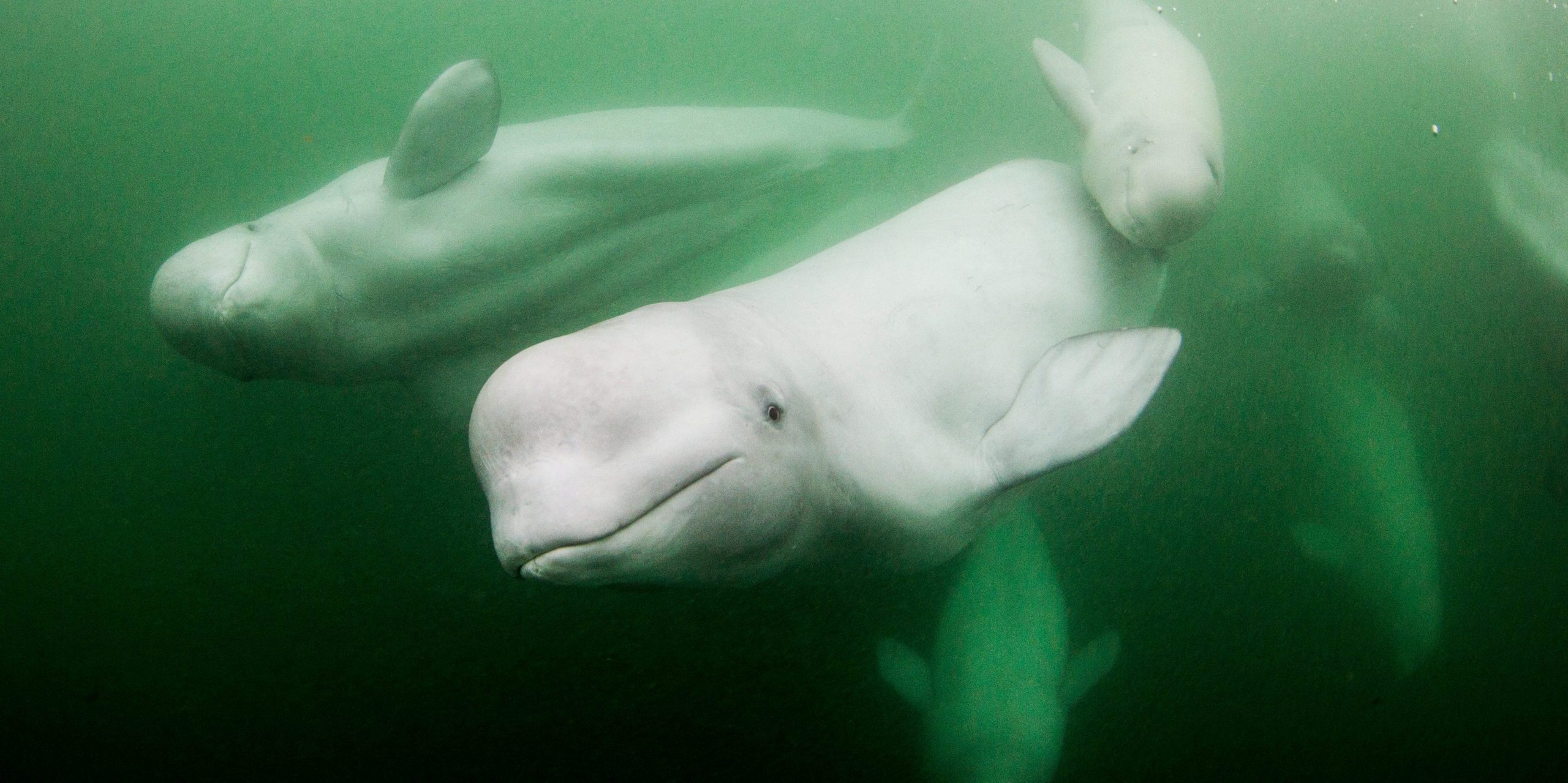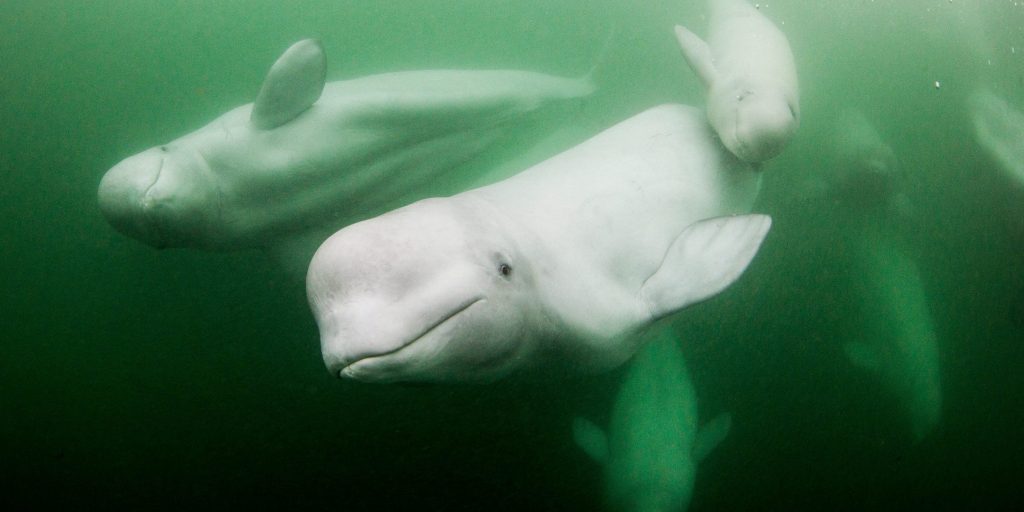
Getty Images
- USDA standards for marine mammals were last updated in 1984.
- Approximately 1,400 marine mammals are being held in captivity in the United States.
- Lawmakers urge USDA to mandate the animals be provided more space to roam.
In the wild, a beluga whale could dive more than 2,000 feet under water. In captivity, current federal standards require only that they be given 7 feet – and that speaks to the need for "urgent action" to improve their living conditions, according to a letter sent Wednesday by more than three dozen lawmakers.
Addressing US Department of Agriculture Secretary Tom Vilsack, the lawmakers, all Democrats, note that federal standards for the care of captive marine mammals, such as orcas and other whales, have not been updated since 1984.
"Since then," the letter states, "significant progress has been made in marine mammal biology and ecology, which should inform federal care regulations, such as increasing minimum space requirements, establishing species-specific ambient temperature ranges, and mitigating the effects of noise."
Around 1,300 marine mammals are currently being held in captivity, the lawmakers note.
Signatories include California Democratic Sens. Dianne Feinstein and Alex Padilla, as well as Rep. Adam Schiff, whose state is home to a SeaWorld location.
Some groups, such as The Humane Society, argue there are no ethical means of holding marine mammals in captivity. Bottlenose dolphins, for example, in the wild have "home ranges" of more than 62 miles. In captivity, under current federal standards, two dolphins can be held together in a tank that is just 24 feet long and 7 feet deep.
Still, the group argues, "Even in the largest facilities, a captive dolphin's room to move is decreased enormously, allowing the animals access to less than one ten-thousandth of one percent of their normal habitat size."
Have a news tip? Email this reporter: [email protected]

